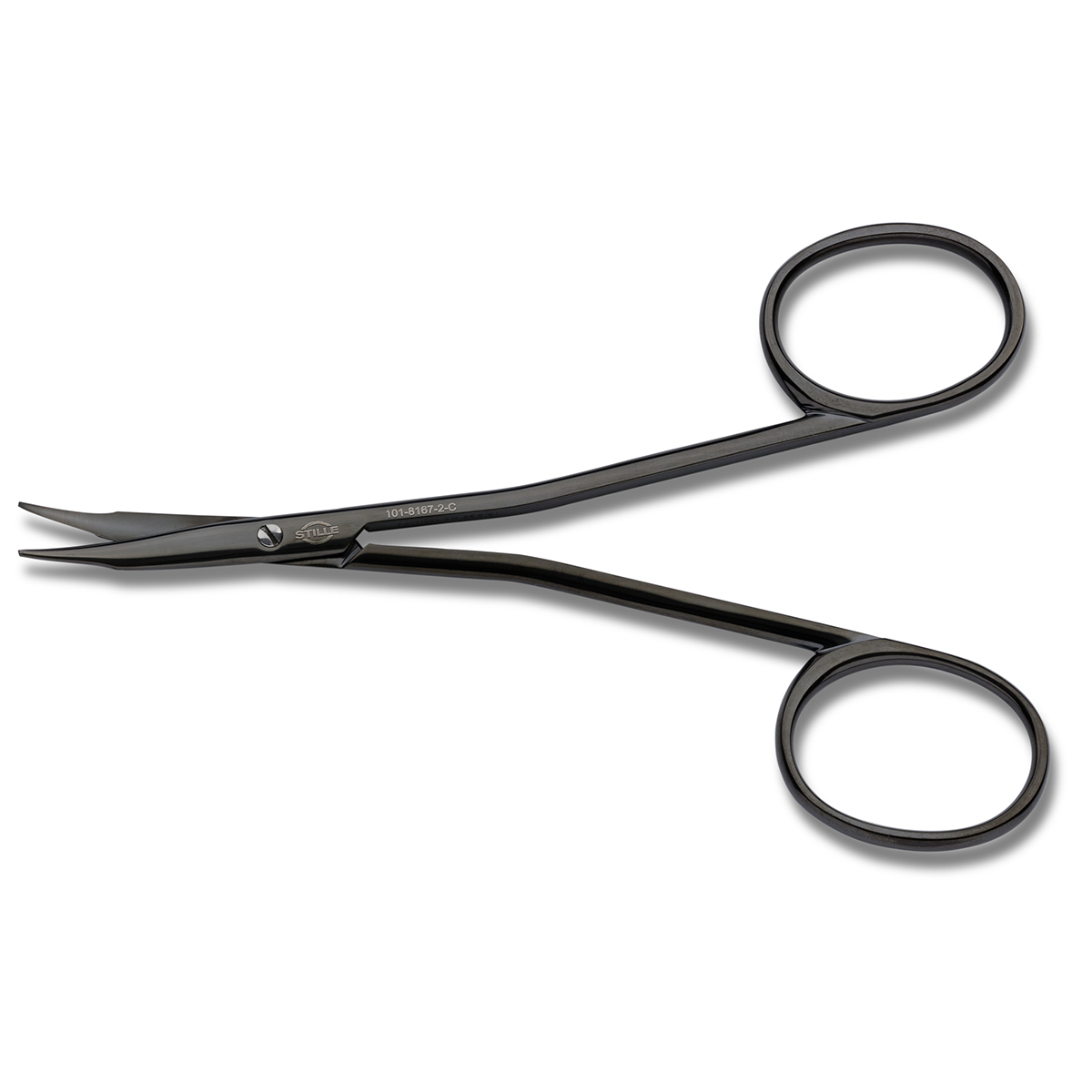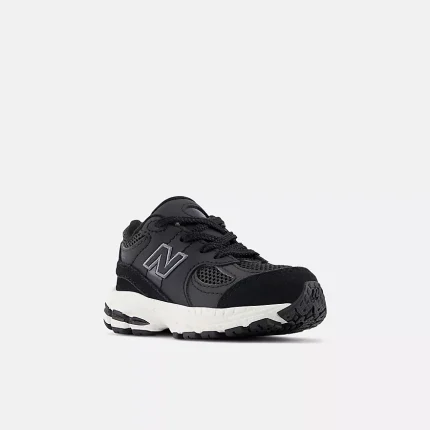Surgical instruments are the backbone of successful medical procedures, and tenotomy scissors stand out for their unparalleled precision and versatility. These delicate scissors, designed for intricate tasks, are a must-have for surgeons across various specialties. From precise cuts to minimizing tissue trauma, tenotomy scissors ensure excellent outcomes. This article explores their significance, design, and the reasons behind their widespread use.
What Are Tenotomy Scissors?
Tenotomy scissors are specialized surgical instruments designed for precision cutting. They are primarily used in delicate tissue procedures, such as ophthalmology, orthopedics, and plastic surgery. With a unique design tailored for meticulous tasks, these scissors help surgeons achieve unparalleled accuracy.
Key Features of Tenotomy Scissors
- Sharp, Fine Tips: The blades of tenotomy scissors taper into sharp, fine points, allowing for precision cuts in small or complex areas.
- Straight or Curved Blades: Available in straight or curved designs, these scissors cater to different surgical needs, offering flexibility during procedures.
- Durable Material: Constructed from high-quality stainless steel, tenotomy scissors are corrosion-resistant and easy to sterilize, ensuring safety and longevity.
Common Uses
- Tendon surgeries: As their name suggests, they excel in cutting tendons with minimal trauma.
- Soft tissue procedures: Perfect for working with delicate structures like the conjunctiva or subcutaneous tissues.
- General precision work: Their design makes them indispensable for meticulous dissections.
Variations in Tenotomy Instruments
Surgical needs vary, and so do tenotomy instruments. The versatility of these scissors lies in their ability to adapt to the demands of different procedures. One popular variation is the Stevens scissors, a type of tenotomy scissors widely used for finer tasks.
Stevens Scissors: A Notable Tenotomy Variant
- Stevens scissors are particularly favored in ophthalmic and plastic surgeries.
- They are delicate and provide unparalleled control, making them ideal for extreme precision surgeries.
- With slightly longer, thinner blades, Stevens scissors allow for deeper incisions in narrow spaces.
Comparison with Other Delicate Scissors
While Stevens scissors are a specific type, other delicate scissors in the tenotomy family serve broader purposes:
- Short-bladed versions for close-range precision.
- Long-handled options for reaching deeper tissues.
Each type serves a specific function, highlighting the importance of choosing the right tool for the job.
The Role of Tenotomy Scissors in Modern Medicine
The medical field is ever-evolving, with innovations in surgical instruments revolutionizing procedures. Tenotomy scissors have maintained their relevance thanks to their precision and adaptability.
Minimizing Tissue Trauma
One of the critical advantages of using tenotomy scissors is their ability to minimize tissue damage. Their sharp edges and ergonomic design allow surgeons to cut cleanly, reducing the risk of complications and speeding up recovery.
Improving Outcomes
Whether used in reconstructive surgeries or tendon repairs, these scissors are crucial in achieving optimal results. Their precise cuts ensure the surgeon maintains control, reducing the likelihood of unintended damage to surrounding structures.
Why Surgeons Choose Tenotomy Scissors
- Versatility: Suitable for multiple specialties, from orthopedics to dermatology.
- Durability: High-quality materials ensure long-term reliability.
- Precision: The fine tips make them the go-to instrument for intricate procedures.
check more details about cosmetic surgery instruments
Proper Care and Maintenance of Tenotomy Scissors
To maintain their efficiency, proper care of tenotomy instruments is essential. Here are some best practices:
- Regular Cleaning: Thoroughly clean scissors to remove blood or tissue residue after each use.
- Sterilization: Autoclaving or other sterilization methods are used to prevent infections.
- Sharpening: Periodically check for dull blades and get them sharpened by a professional if needed.
- Storage: Store scissors in a protective case to avoid accidental damage to the blades.
These steps not only extend the life of the scissors but also ensure patient safety during procedures.
Choosing the Right Surgical Instruments
When selecting surgical instruments, quality and precision are non-negotiable. Trusted manufacturers provide tenotomy and other delicate scissors that meet rigorous medical standards. Surgeons should consider factors like blade length, handle design, and intended use to make an informed decision.
Importance of Certified Instruments
Certified instruments ensure compliance with medical standards and guarantee patient and practitioner safety. Reputable brands also offer a variety of designs, making it easier to find the right tool for specific surgical needs.
Role of Training and Expertise
While the right tools are essential, surgical success depends on the surgeon’s skill. Proper training in handling tenotomy scissors is crucial for achieving the desired results without complications.
Conclusion
Tenotomy scissors are more than surgical tools they are precision instruments that empower surgeons to perform at their best. Whether used in tendon repairs, delicate dissections, or intricate plastic surgeries, their role is irreplaceable. By investing in high-quality scissors and maintaining them properly, medical professionals can continue to deliver exceptional care.
Tenotomy scissors and related tenotomy instruments remain indispensable for healthcare providers looking to enhance their surgical toolkits. Their reliability, versatility, and precision make them a cornerstone of modern surgical practices.
FAQs
What are tenotomy scissors used for?
Tenotomy scissors are primarily used for precision cutting in delicate surgeries, such as tendon repairs, soft tissue procedures, and ophthalmic surgeries.
How are Stevens scissors different from regular tenotomy scissors?
Stevens scissors are tenotomy scissors with longer, thinner blades designed for deeper incisions in narrow spaces, making them ideal for finer surgical tasks.
Can tenotomy scissors be used for general surgical procedures?
While tenotomy scissors are specialized, their versatility makes them suitable for many precision tasks across various surgical specialties.
How should I care for my tenotomy instruments?
Clean, sterilize, and store them properly after each use. Regular sharpening and inspection can extend their lifespan and ensure optimal performance.
Are tenotomy scissors available in different designs?
They come in various designs, including straight or curved blades and different lengths, catering to diverse surgical needs.
Why is precision important in surgical instruments like tenotomy scissors?
Precision minimizes tissue trauma, reduces recovery time, and ensures better surgical outcomes, making instruments like tenotomy scissors essential in delicate procedures.







Leave a comment
Your email address will not be published. Required fields are marked *